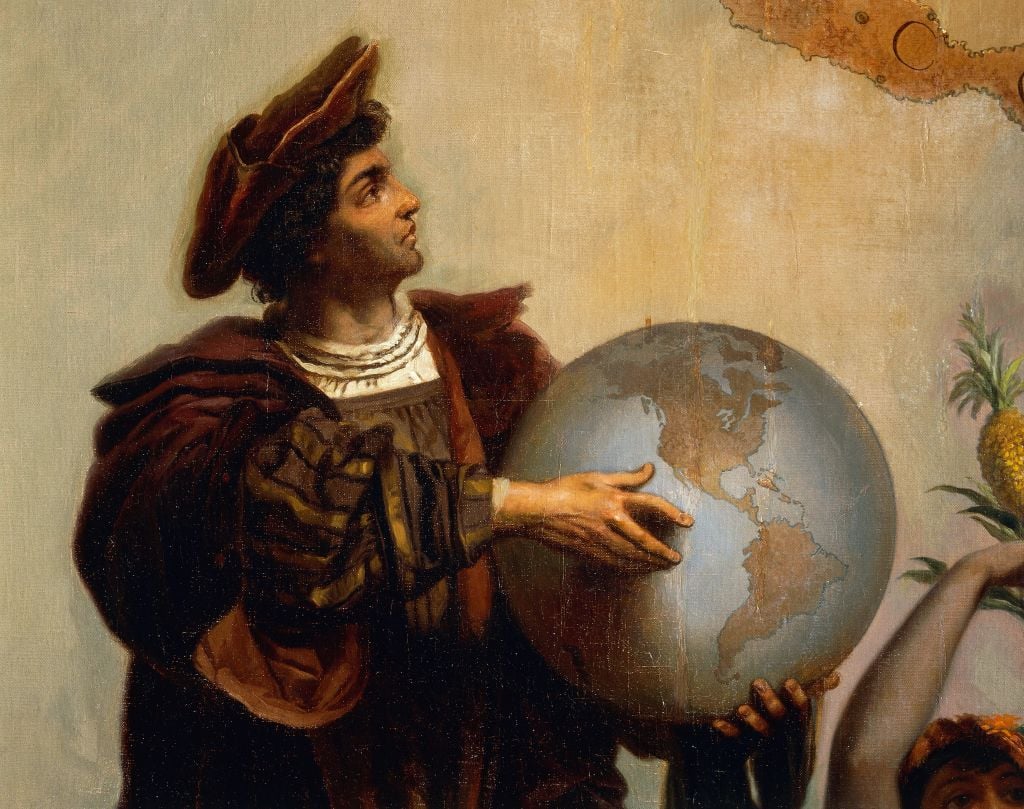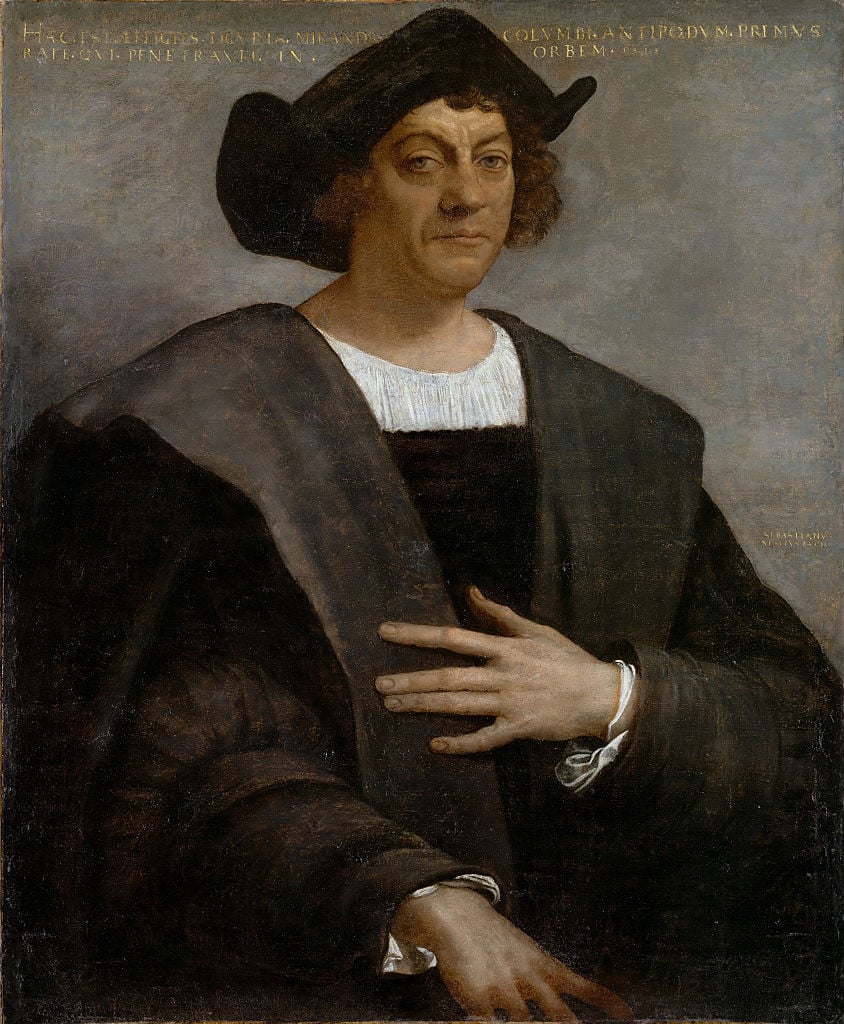Archaeology & History
DNA Analysis Sheds New Light on Christopher Columbus’s Mysterious Origins
New genetic research has revealed that the famed explorer was part Jewish.

New genetic research has revealed that the famed explorer was part Jewish.

Tim Brinkhof

Being one of the most famous and influential figures in human history, it should come as no surprise that many cultures and nationalities have claimed Christopher Columbus—whose origins have long been shrouded in mystery—as one of their own. Over the centuries, and especially in recent decades, people have posited that the explorer was Italian, Spanish, Greek, Basque, Portuguese, or British.
Now, a new documentary based on 21 years of DNA research, appears to have proven all of these theories, including the more widely accepted ones, wrong. According to the researchers featured on Columbus DNA: The true origin, a documentary which aired on Spanish television earlier this month, he was actually a Sephardic Jew from Western Europe.
Unlike Columbus’s well-documented journey to the Americas, his early years are ripe with speculation. Commonly believed to have been born in the Republic of Genoa between August 25 and October 31, 1451, to a family of wool merchants and cheese salesmen. After completing his infamous voyage across the Atlantic Ocean on behalf of King Ferdinand and Queen Isabella of Spain, Columbus went on to make several other voyages to the New World.
His death is far less controversial: historical documentation shows that Columbus passed away in 1506 in Valladolid, Spain, but wanted to be buried on the Caribbean island of Hispaniola, which he visited on his 1492 voyage. So, his remains were shipped across the Atlantic, where they remained until 1795, when they were taken to Cuba. In 1898, they were transported to Spain, to Seville.

Sebastiano del Piombo, Portrait of Christopher Columbus (1519). Photo: Fine Art Images/Heritage Images/Getty Images.
Studies of Columbus’s DNA started in 2003, the year his remains were exhumed from the catacombs of Seville’s Cathedral by Granada University forensic medicine professor, José Antonio Lorente. Before his team was able to begin, they cross-examined the remains with DNA from some of Columbus’s known relatives, including his son, Fernando Colon, to make sure they did indeed belong to the explorer. Next, they compared his DNA with the genetic makeup of various Mediterranean cultures—to surprising results.
“The DNA indicates that Christopher Columbus’s origin lay in the western Mediterranean,” professor Lorente said in the documentary, concluding that the results of their analysis were “compatible” with Sephardic Jewish origins. The same, he later told CNN, was true for his son Fernando, whose Y chromosome and mitochondrial DNA were similarly compatible.
The results cast doubt on Columbus’s long-accepted place of birth. “If there weren’t Jews in Genoa in the 15th century,” Lorente said, “the likelihood that he was from there is minimal. Neither was there a big Jewish presence in the rest of the Italian peninsula.”
According to historians, Columbus’s Spain was home to around 300,000 Jews, a number which dwindled rapidly when Ferdinand and Isabella, remembered as “Reyes Catolicos,” expelled Jews and Muslims from the Iberian Peninsula. Considering the political and religious persecution Jewish people faced during this time, it’s possible that Columbus converted to Catholicism to conceal his Jewish origins. Had he not, he might have never sailed to the Americas.